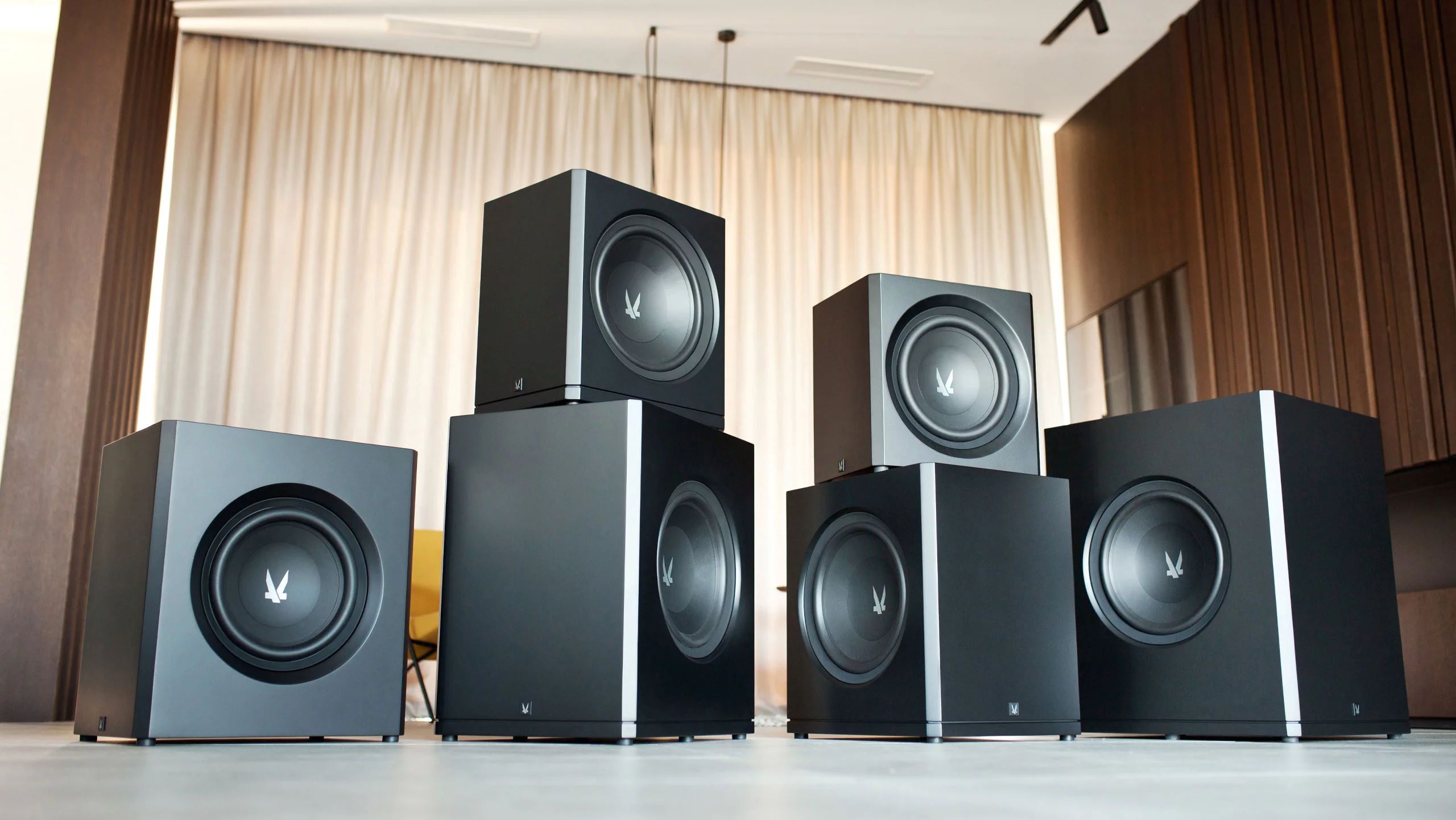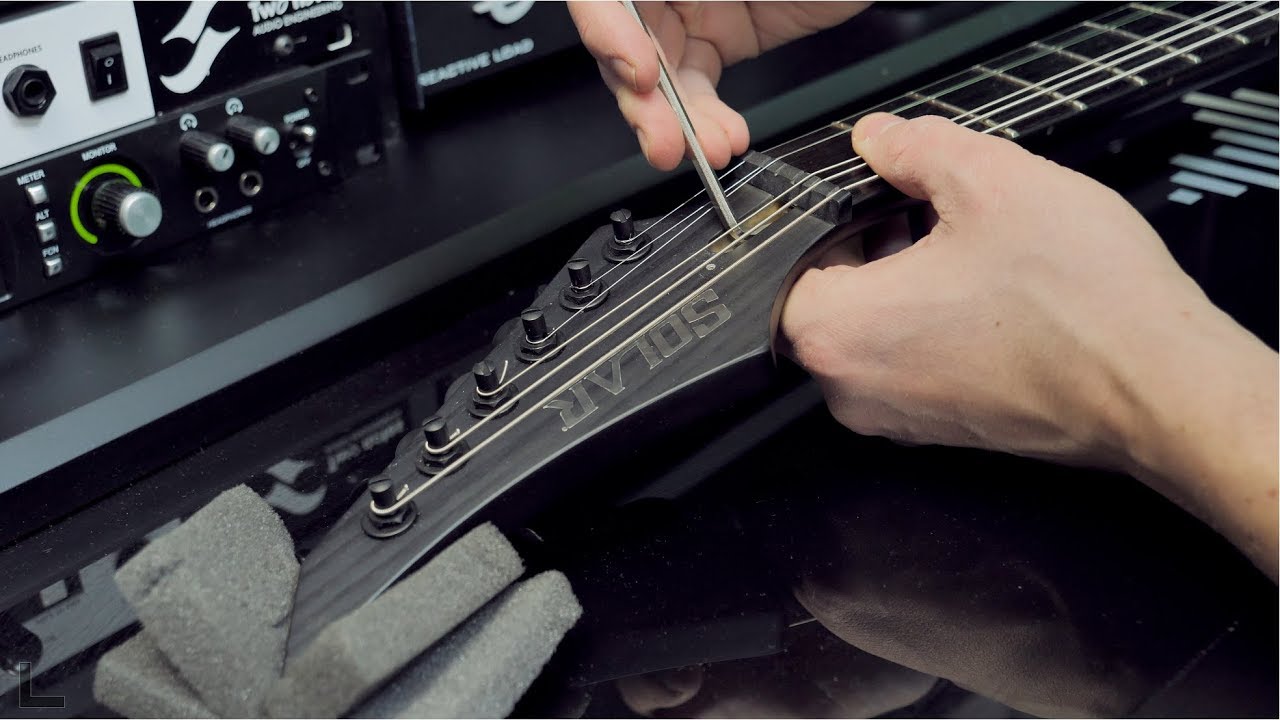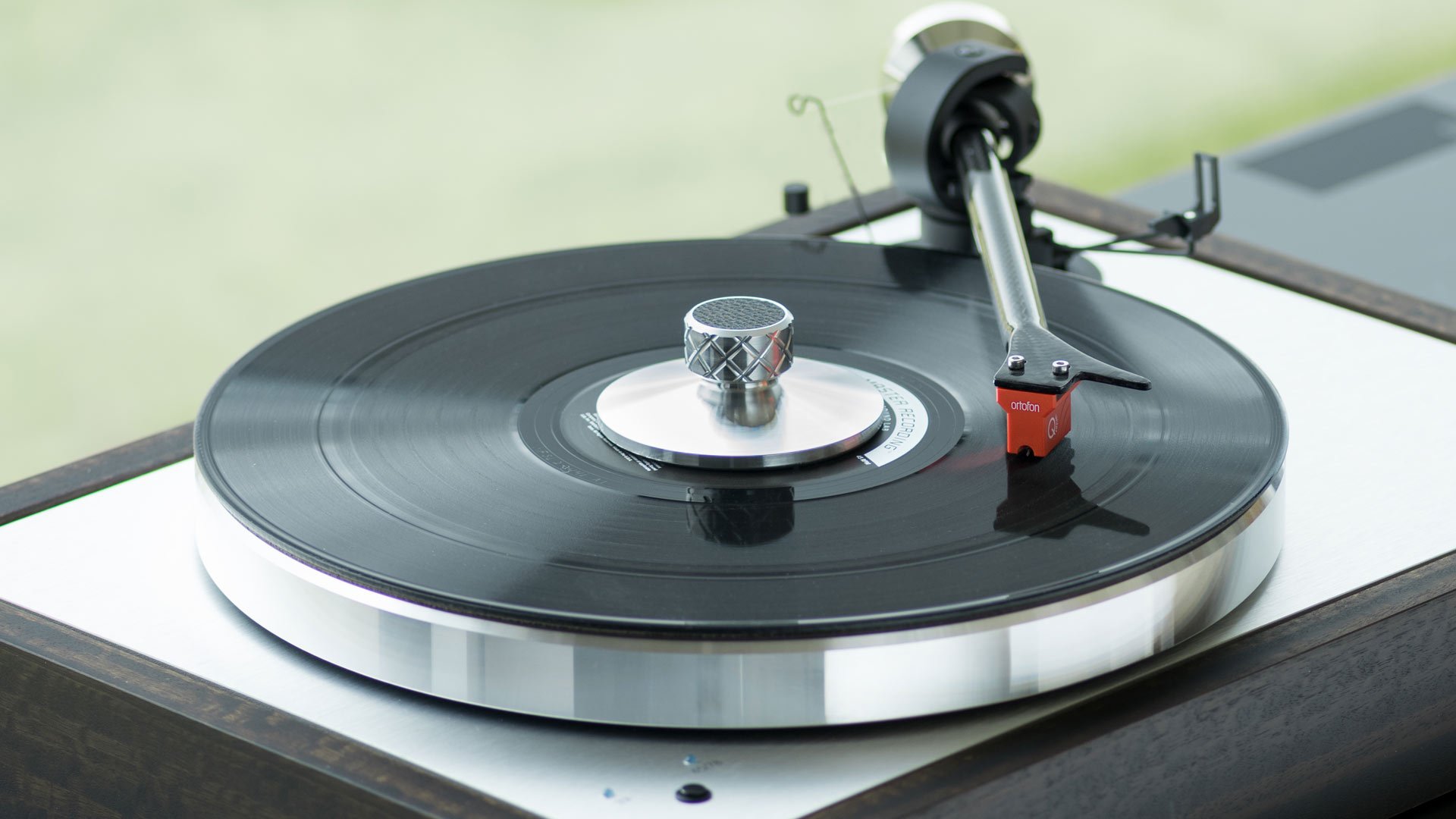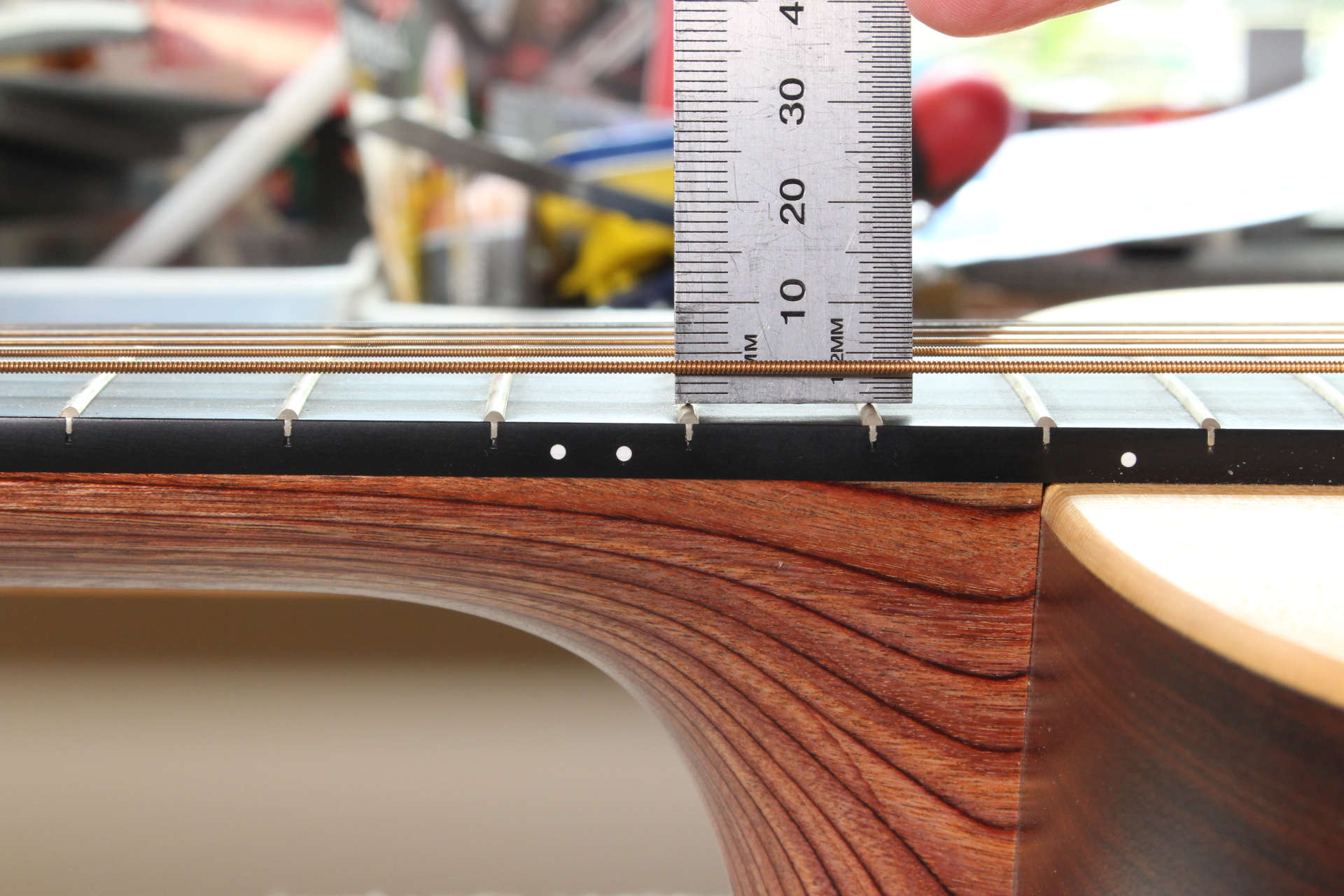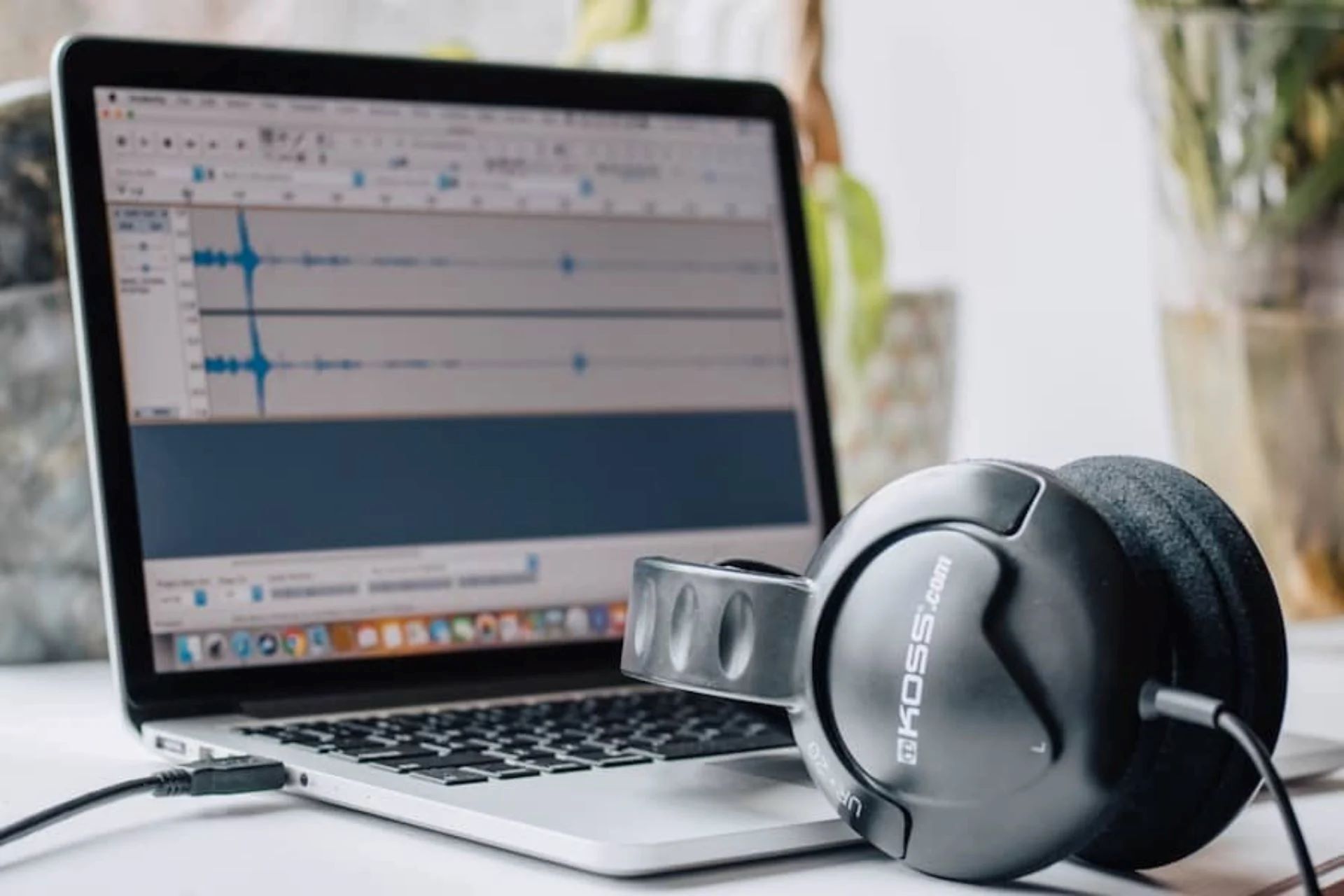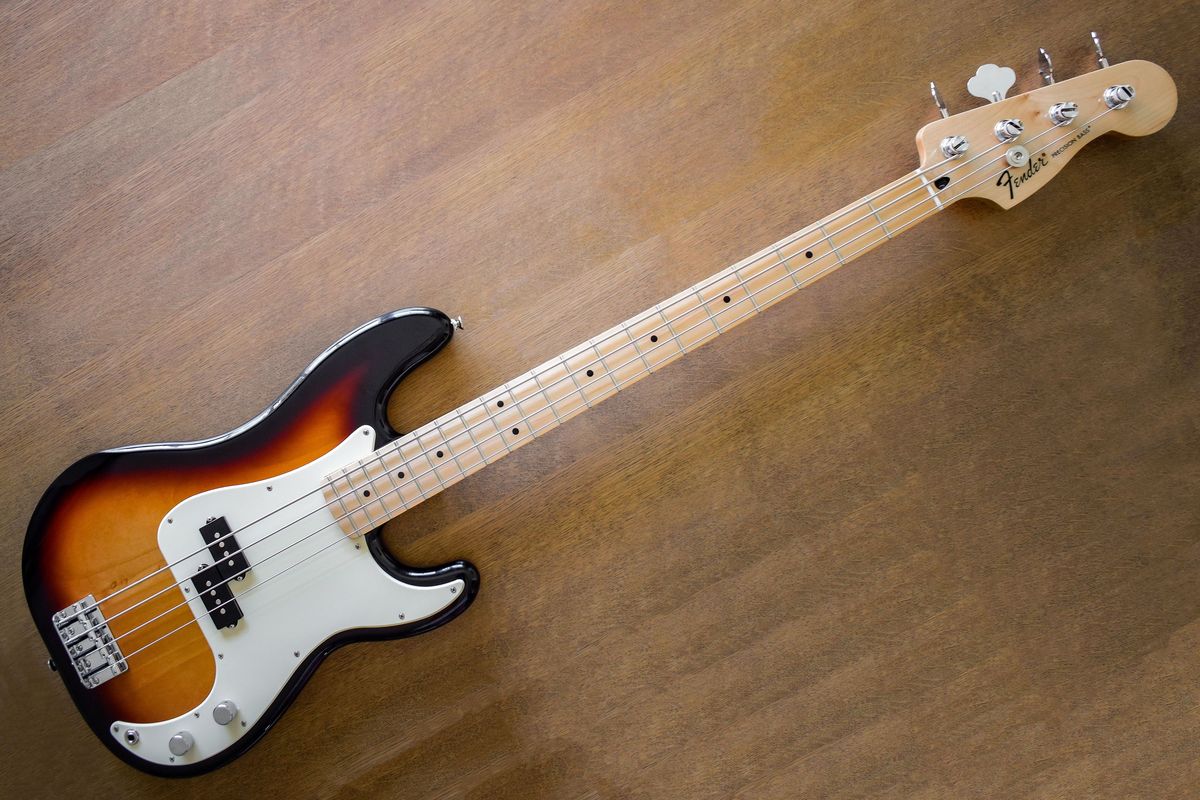Home>Events & Info>Podcast>How Long Should A Podcast Be
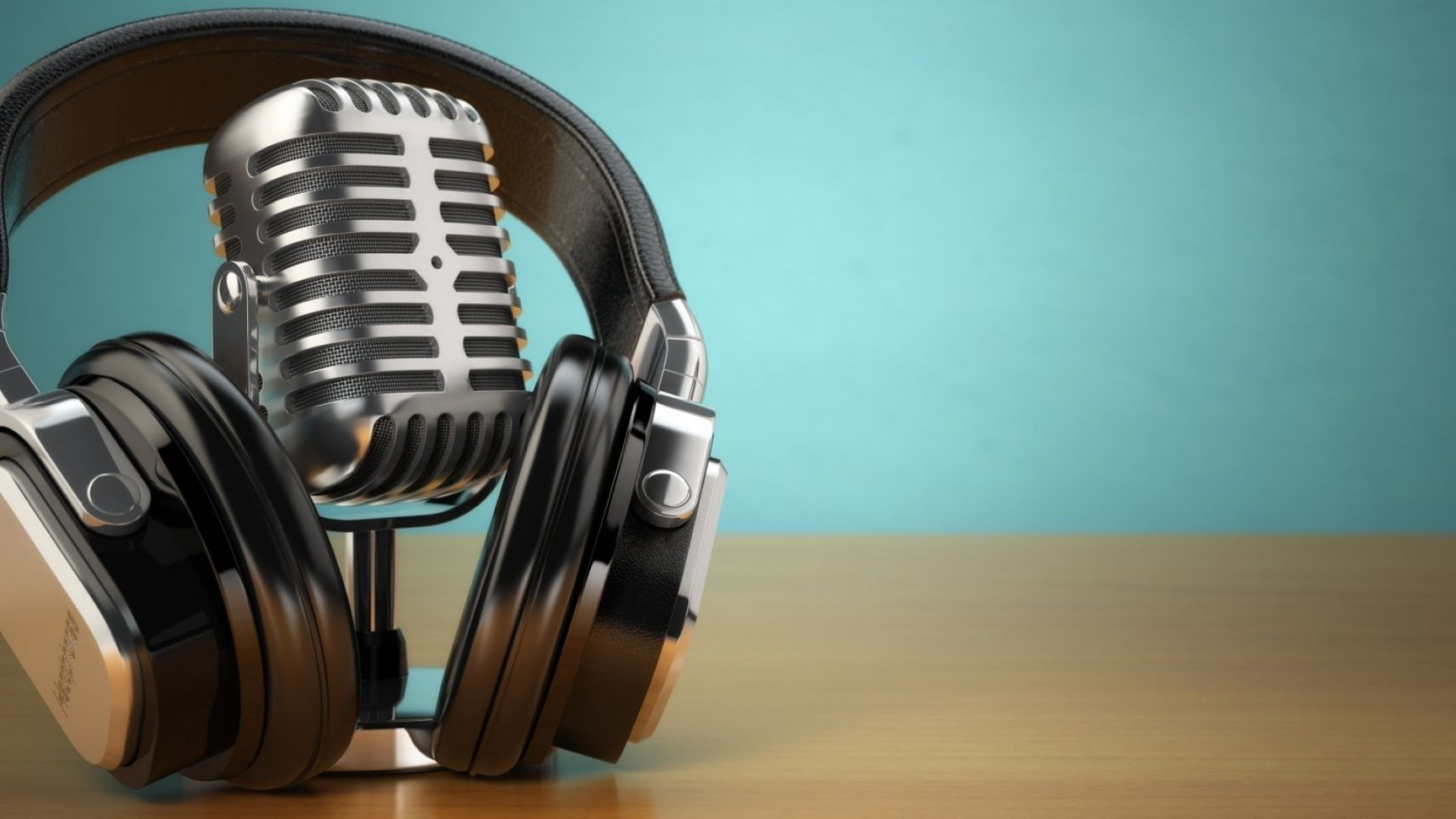

Podcast
How Long Should A Podcast Be
Published: December 24, 2023
Discover the optimal length for podcasts in this comprehensive guide. Whether you're a host or listener, find out why podcast duration is a key factor for success.
(Many of the links in this article redirect to a specific reviewed product. Your purchase of these products through affiliate links helps to generate commission for AudioLover.com, at no extra cost. Learn more)
Table of Contents
Introduction
Welcome to the exciting world of podcasting! If you’re considering starting your own podcast or are already a seasoned podcaster, one question that often arises is: How long should a podcast be? Determining the ideal length for your podcast can have a significant impact on its success and appeal to your audience.
Podcasts have become a popular form of entertainment and information, allowing listeners to dive into topics they love while multitasking. With thousands of podcasts to choose from, it’s crucial to find the right balance in terms of episode length to keep your audience engaged.
While there is no one-size-fits-all answer to how long a podcast should be, there are several factors to consider when making this decision. The nature of your content, target audience, and podcast format all play a role in determining the optimal length for your episodes.
In this article, we will dive into the different factors to consider when determining podcast length, explore the pros and cons of short, medium-length, and long podcasts, and provide some tips to help you find the ideal length for your podcast episodes.
Factors to consider when determining podcast length
When deciding how long your podcast episodes should be, it’s necessary to take several factors into consideration. These factors will help you find the sweet spot that aligns with your content, audience preferences, and overall goals. Here are some key considerations:
- Content depth and complexity: The nature of your content plays a significant role in determining podcast length. If you’re discussing complex topics or deep-diving into subjects, longer episodes may be necessary to provide a comprehensive exploration. On the other hand, lighter or introductory topics may be more suited for shorter episodes.
- Target audience preferences: Understanding your target audience is crucial. Consider their schedules, listening habits, and preferences when determining the ideal length. For example, a podcast targeted towards busy professionals may benefit from shorter episodes that can be consumed during a commute or lunch break, while a storytelling podcast may require longer episodes to captivate the audience.
- Podcast format: Different podcast formats lend themselves better to certain lengths. Interview-based podcasts often have longer episodes to allow for in-depth conversations, while news or quick tips podcasts may be shorter and more concise.
- Production resources: Consider your production capabilities and resources. Longer episodes require more time and effort to plan, record, and edit. If you’re limited in terms of time or resources, shorter episodes might be a more practical choice.
- Engagement and listener feedback: Keep an eye on listener engagement and feedback. Monitor metrics such as average listening duration and listener retention rates to gauge if your podcast length is resonating with your audience. You can also encourage feedback and input from your audience to understand their preferences better.
Remember, the optimal length for your podcast episodes may evolve over time as you gain more insights and feedback from your audience. It’s essential to be open to experimentation and adapt accordingly to meet the needs and expectations of your listeners.
Short podcasts: Pros and cons
Short podcasts, typically ranging from 10 to 20 minutes, have gained popularity for their ability to deliver quick and focused content. Here are some pros and cons of short podcasts:
Pros:
- Convenience and accessibility: Short episodes are easy to fit into busy schedules. Listeners can enjoy them during short commutes, while running errands, or during quick breaks.
- Improved engagement: Shorter episodes tend to have higher listener retention rates. They provide bite-sized chunks of content that are easier to digest and hold the listener’s attention.
- Increased frequency: With shorter episodes, you can produce and release content more frequently, providing your audience with regular updates on the topics they are interested in.
- Focused discussion: Short podcasts force you to distill your ideas and focus on the most relevant points. This can result in more concise and impactful content.
- Potential for niche topics: Short podcasts allow you to explore niche or specific topics without overwhelming your audience. This can help you attract a dedicated audience interested in those specific subjects.
Cons:
- Limited depth: Due to the time constraints, short episodes may not allow for in-depth discussions or detailed exploration of complex topics.
- Less room for creativity: With shorter episodes, there may be less opportunity for storytelling, interviews, or other creative elements that require more time.
- Harder to build a connection: Building a connection with your audience may be more challenging with shorter episodes, as there is less time for personal anecdotes or deeper conversations.
- Less advertising revenue: Shorter episodes may result in less advertising revenue, as advertisers tend to value longer episodes with more airtime for their messages.
Short podcasts can be a great choice for content creators aiming to provide quick bursts of information or entertainment. However, it’s important to consider the limitations and ensure that the format aligns with your content goals and audience preferences.
Medium-length podcasts: Pros and cons
Medium-length podcasts, typically ranging from 30 to 60 minutes, strike a balance between providing enough depth and keeping the attention of the audience. Let’s explore some of the pros and cons of medium-length podcasts:
Pros:
- More comprehensive discussions: Medium-length podcasts allow for more in-depth discussions and the exploration of complex topics. This gives you the opportunity to provide a deeper understanding of the subject matter.
- Flexibility in content format: With medium-length episodes, you have more room for creativity and variety in your content. You can incorporate interviews, storytelling, and other engaging elements that require a bit more time.
- Establish credibility and expertise: Longer episodes allow you to showcase your expertise and build credibility with your audience. You can dive into details, provide insights, and demonstrate your knowledge on the topic.
- Room for engagement and interaction: Medium-length podcasts provide enough time to interact with your audience through Q&A segments, listener feedback, or live discussions.
- Better for longer commutes or dedicated listening sessions: Medium-length episodes are well-suited for longer commutes, extended workouts, or for listeners who prefer to fully immerse themselves in the content during dedicated listening sessions.
Cons:
- Time commitment for production: Medium-length episodes require more time and effort to plan, research, record, and edit. It may take longer to release episodes consistently compared to shorter formats.
- Potential for listener fatigue: If the content is not engaging or if the episode lacks focus, medium-length podcasts may run the risk of losing the attention of the audience.
- Requires effective time management: When recording medium-length episodes, it’s important to ensure that the content remains engaging and doesn’t feel repetitive or drawn-out. Time management and structuring the episode effectively are key.
- Less frequency: Producing longer episodes less frequently may lead to longer gaps between content releases, which could impact the consistency and retention of your audience.
Medium-length podcasts offer more flexibility and depth without overwhelming the audience. They strike a balance between providing comprehensive discussions and maintaining engagement. Consider your content goals, target audience, and production capabilities when determining if this length is right for your podcast.
Long podcasts: Pros and cons
Long podcasts, typically ranging from 60 minutes or more, offer an immersive and in-depth listening experience for dedicated and passionate audiences. Let’s explore the pros and cons of long podcasts:
Pros:
- Extensive exploration of topics: Long podcasts provide ample time to delve into complex subjects, offering a thorough and comprehensive discussion. This is ideal for topics that require in-depth analysis or multiple perspectives.
- Engaging storytelling: Longer episodes allow for more storytelling elements, character development, and suspense, which can captivate the audience and keep them invested throughout the episode.
- Build a loyal and committed audience: If your content is engaging, long podcasts can help you attract a dedicated fan base that enjoys immersive and in-depth content experiences. This can lead to a strong connection and brand loyalty.
- Opportunities for guest interviews: Longer episodes provide the opportunity for guest interviews and in-depth conversations, opening up valuable networking and collaboration possibilities.
- Maximize advertising revenue: With longer episodes, there is more ad space available, which can potentially increase your advertising revenue.
Cons:
- Time commitment for listeners: Long episodes require a significant time commitment from your audience. It may limit the accessibility and convenience factor, especially for busy listeners with limited time.
- Higher production demands: Longer episodes require more planning, research, and editing, which means a higher production workload for you or your team.
- Challenging to maintain engagement: Keeping the audience engaged throughout a long episode can be a challenge. It’s crucial to maintain a compelling narrative, pacing, and structure to retain their attention.
- Limited portability: Longer episodes might not be ideal for listeners who prefer to multitask or consume podcasts on-the-go as they may require dedicated listening sessions or longer blocks of uninterrupted time.
Long podcasts are a great choice for content creators who want to provide an immersive and thorough exploration of a topic. However, it’s important to be mindful of your audience’s preferences and their ability to commit to longer listening sessions. Striking the right balance between content depth and engagement is key to mastering long-format podcasting.
Tips for finding the ideal podcast length
Determining the ideal length for your podcast episodes can be a process of experimentation and refinement. Here are some tips to help you find the sweet spot:
- Know your audience: Understand your target audience’s preferences and habits. Consider their schedules, commuting patterns, and listening habits to determine what length would be most convenient and appealing to them.
- Consider your content: The nature of your content and the depth of discussion should guide your episode length. If you’re covering complex topics, longer episodes may be suitable, while quick tips or news updates may work better in shorter formats.
- Experiment with different lengths: Try releasing episodes of varying lengths and track the feedback and engagement. Analyze the listener data to understand the average listening duration and retention rates to determine the lengths that resonate most with your audience.
- Be consistent: Regardless of the length you choose, consistency is key. Establish a regular release schedule and stick to it. This helps build anticipation and loyalty among your audience.
- Engage with your audience: Encourage your audience to provide feedback on episode lengths. Conduct surveys or ask for input through social media channels or your podcast’s website to understand their preferences and make informed decisions.
- Be mindful of production capabilities: Consider the resources and time you have available for producing your podcast. Longer episodes require more planning, recording, and editing, so be realistic about what you can manage consistently.
- Adapt and iterate: As your podcast evolves, keep an eye on listener feedback and engagement metrics. Be open to adapting your episode length based on the feedback and changing needs of your audience.
Remember, there is no one-size-fits-all answer when it comes to podcast length. It’s ultimately about finding the right balance between providing valuable content, engaging your audience, and meeting the practical considerations of both you and your listeners. Stay flexible, learn from the data and feedback, and continue to refine your podcast length to create an enjoyable and compelling experience for your audience.
Conclusion
When it comes to determining the ideal length for your podcast episodes, there isn’t a definitive answer that applies to all podcasts. It depends on various factors such as your content, target audience, podcast format, and production capabilities.
Short podcasts offer convenience and accessibility, making it easier for listeners to fit them into their busy schedules. Medium-length podcasts strike a balance between depth and engagement, allowing for more comprehensive discussions. Long podcasts provide an immersive experience for dedicated listeners who crave in-depth explorations of topics.
Ultimately, finding the right length for your podcast requires experimentation, listening to your audience, and keeping an eye on engagement metrics. Consider your content goals and audience preferences to strike the right balance. Whether you choose short, medium-length, or long episodes, consistency and quality are key.
Remember to adapt and iterate as you gather feedback and insights from your audience. Over time, you may discover that the optimal length for your podcast evolves and changes as you grow and refine your content and audience base.
By taking into account the factors discussed in this article and employing a flexible and data-driven approach, you will be well on your way to finding the ideal length for your podcast episodes. Embrace the creative possibilities that podcasting offers, and let your content shine in a format that resonates with your audience.

